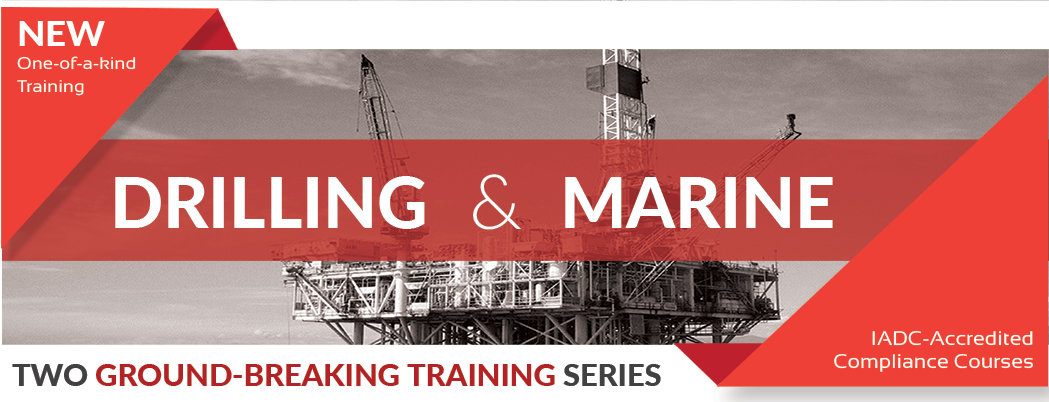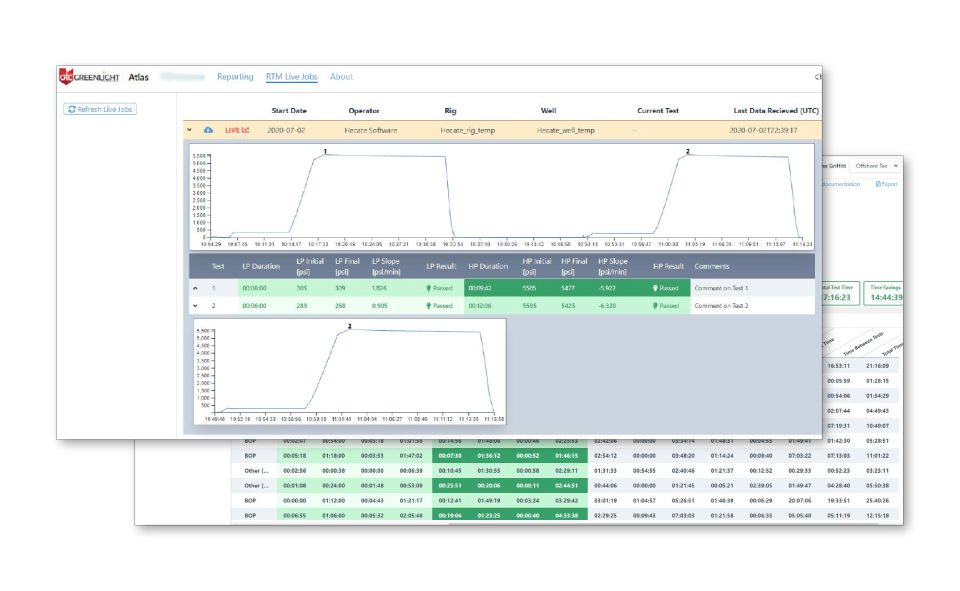- Have any questions?
- +985-727-7400
Not All Training Courses are the Same

Q&A on GREENLIGHT
June 29, 2016
Visual Inspection Criteria for Piping Process Systems
August 4, 2016
Blending Classroom and Interactive Training Gets Better Results
Before we got down to the business of designing our Offshore Drilling Regulatory Compliance and Marine Regulatory Compliance training offerings, we did a lot of homework. It wasn’t as simple as just writing a course plan and sending in the paperwork to earn our IADC accreditation. The Offshore Technical Compliance team put our heads together to consider how people learn, retain and apply new information – and specifically, how oil and gas personnel would get the most from these courses.
“Our goal is to prepare oil and gas rig personnel – functioning in multiple capacities and with diverse skill levels – to competently and confidently perform their jobs,” said Mike Bethea, CEO, “Whether it is identifying potential drilling operation hazards or awareness of marine safety inspection requirements, this requires a deep-level understanding and a working knowledge of how to apply these principles.”
HOW WE LEARN
With this guiding principle in mind, the team considered the preferred learning styles of people with diverse experience levels and dug into research to evaluate how to make OTC’s courses effective for the many potential oil and gas industry workers who would participate.
There is a wealth of research on learning methods and training tactics across multiple industries, but here are a few key principles that resonated with the OTC team.
- There are three basic learning domains:
- Cognitive: Knowledge
- Psychomotor: Skills
- Affective: Attitudes
- Although some academics would add others to the list, such as social learners and logical learners, OTC decided to hone in on three major learning styles:
- Visual learners
- Auditory learners
- Kinesthetic learners
According to research from the Federal Highway Administration, we retain about 10 percent of what we see; 30 percent to 40 percent of what we see and hear; and 90 percent of what we see, hear and do.
OTC used this approach to apply multiple training techniques to enhance retention and understanding.
INTERACTIVE … AND ENGAGING
Offshore Technical Compliance’s courses incorporate classroom learning, audio-visual presentations, workshop-style settings and hands-on scenarios to encompass all learning styles. Real-world case studies offer participants a method to apply what they’ve learned in a very real way, which helps them retain what they are learning. Additionally, instructors focus on instilling an attitude that the goal is to prevent issues before they occur.
“Participants will leave our courses armed with a deep-level of knowledge and understanding on the topics covered and how to use it in their daily jobs; and that’s the goal,” said Daniel Phelps, an instructor for the Marine and Drilling Regulatory Compliance courses.
As an instructor, Daniel Phelps queues into signals that participants are clear on the material before moving on and can use methods such as engaging the class in discussions about possible outcomes to help them better understand potential field applications.
“The key is to engage participants not just to pass a course but to prepare them to take what they’ve learned to every job site and apply this knowledge to ensure safe operations,” he said.

